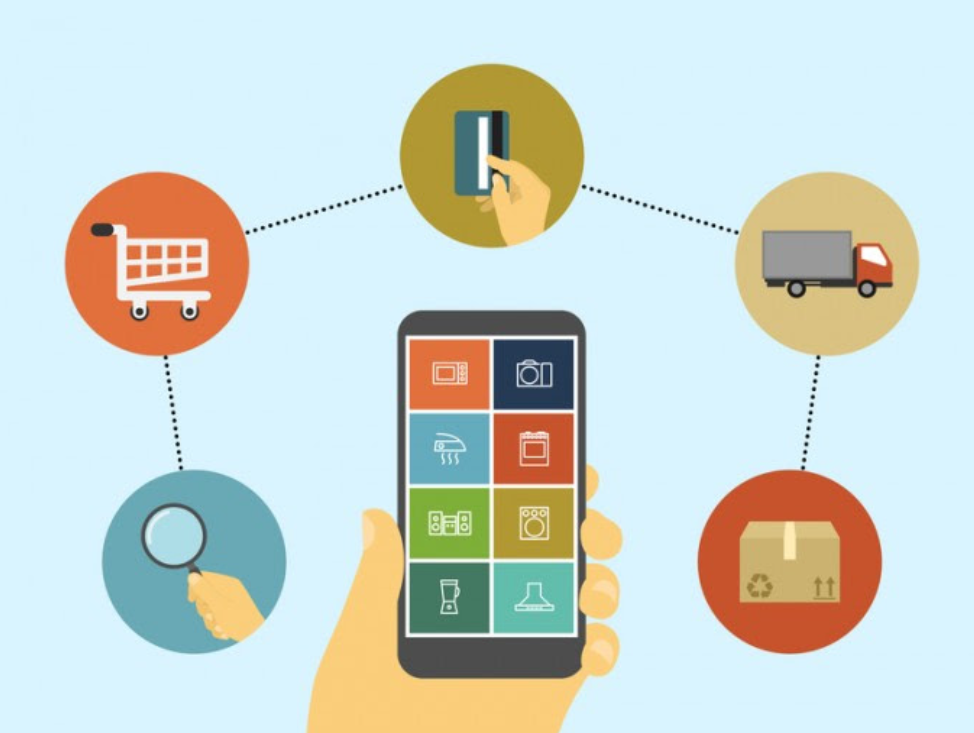John Doe ordered a washing machine on Tuesday on the XYZ online store. The available information on the website is that it will be delivered in 2 to 3 days. It is now Friday and Doe is yet to receive his order. He contacted XYZ online store on both Twitter and phone but did not get a satisfactory response. After threatening to cancel the order, he was told that the washing machine was lost in transit. What!? Doe was very angry and eventually cancelled the order.
There are a sizable number of John Does who have had this experience. Without mincing words, the failure of logistics is the failure of your ecommerce business. The logic is very simple: if orders do not reach customers within the stipulated time, they will be forced to cancel their orders. The more they cancel, the more your business suffers. There are no two ways about this as customers want their orders to be delivered as soon as possible.
Hence, logistics is the livewire of any ecommerce company and its role cannot be downplayed.
Still, it is frosted with so many challenges especially in a country like Nigeria. A very recent example is the postponement of the Nigerian elections due to logistical challenges. This is by the way.
The geography that logistics companies have to cover is huge, and this challenge is exacerbated by the lack of infrastructure. In other cases, some indigenous logistics companies do not have the capacity to run these last-mile deliveries. Therefore, they cannot be fully relied on.
This boils down to the dearth of finance to help them build a franchise delivery network, that would have enough coverage.
Despite these challenges, an eCommerce company like Jumia have the obligation to overturn this and ensure that orders reach customers, no matter the distance, as at when due. Jumia, therefore, launched Jumia Services which is the logistics arm of the eCommerce company. Since its establishment, Jumia Services is attacking the challenges inherent in last mile delivery head-on and has so far succeeded in overcoming some of them with three key competencies: technology, business development support, and managing operational quality.
Jumia Services despite the dearth of infrastructure is now able to track orders, where the despatch rider is currently located and know when an order has been delivered at the doorstep. Its delivery associates are trained on the best technologies that will aid them in the discharge of their duties. Interestingly, technology has enabled customers to trace the fulfilment process of their orders from when they are shipped from the warehouse until they are delivered.
Jumia Services has partnered with local entrepreneurs in Nigeria and Africa to overcome these logistics challenges. The platform provides them with the tools, know-how, and support they need to establish and grow successful logistics companies and become part of the Jumia Services network. So far, it has engaged thousands of logistics partners in Africa which has helped to expand its services to very remote regions.
Delivering a consistent and high-quality service through a network of own-controlled and 3PL partners is not a trivial task. To achieve this, Jumia Services ensures that quality is maintained. The logistics platform has designed processes that are simple and “fool-proof” and checks have been put in place to ensure or guarantee compliance.


